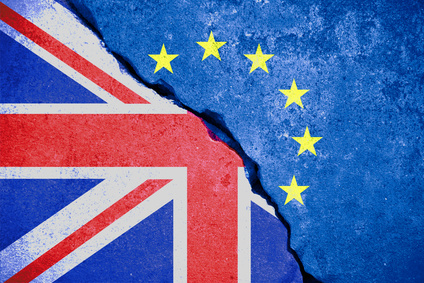Laying the foundations for a level playing field: ETUC statement on the future EU-UK partnership
ETUC Statement on the future EU-UK partnership presented at the Executive Committee of 7 and 8 March 2018
Current situation
In late January the Council of General Affairs adopted the EU guidelines to negotiate a transition period as part of the Withdrawal Agreement. The guidelines require the UK to remain in the single market and customs union, paying into the budget and being covered by the full EU acquis during the transition – including changes to EU law and the jurisdiction of the CJEU during that period, which is set to end in December 2020. This is consistent with the European Council’s commitment to prevent social, environmental and tax dumping once the UK leaves the EU.
The ETUC welcomes these additional guidelines, it is essential that the UK stays in the single market and customs union until a new relationship is agreed. This is in the interests of working people in the EU and the UK. Following existing and new EU law it is the only way to guarantee a level playing field especially on workers’ rights.
The ETUC welcomes the publication of the EU Council draft guidelines on the future relationship that will be discussed at the next EU Council meeting on 22/23 March 2018. We agree with the draft guidelines on the following point: “Given the UK’s geographic proximity and economic interdependence with the EU27, the future relationship will only deliver in a mutually satisfactory way if it includes robust guarantees which ensure a level playing field. The aim should be to prevent unfair competitive advantage that the UK could enjoy through undercutting of current levels of protection with respect to competition and state aid, tax, social, environment and regulatory measures and practices. This will require a combination of substantive rules aligned with EU and international standards, adequate mechanisms to ensure effective implementation domestically, enforcement and dispute settlement mechanisms in the agreement as well as Union autonomous remedies, that are all commensurate with the depth and breadth of the EU-UK economic connectedness.”




